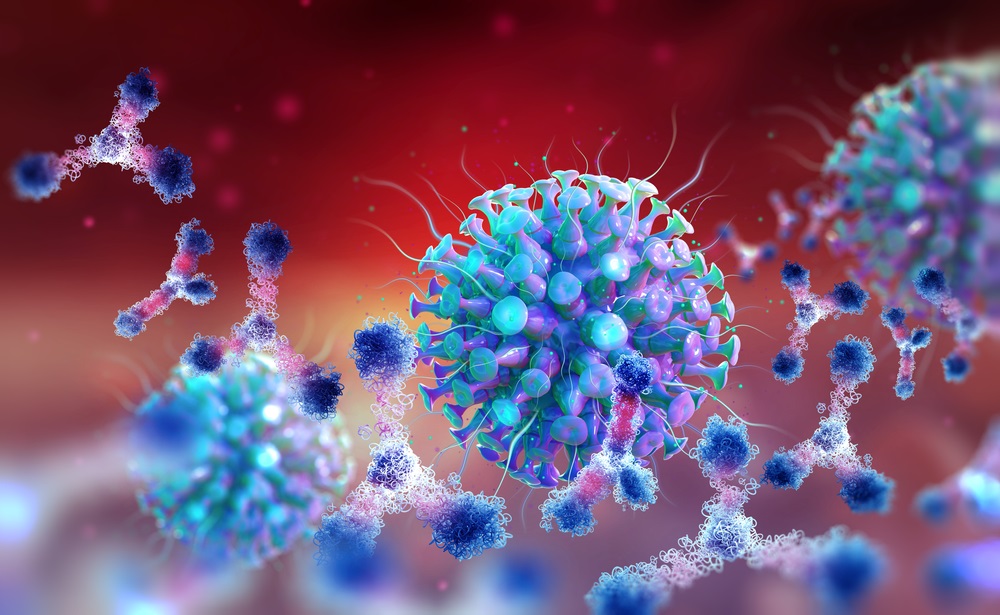This course is part of the RCOG Core Knowledge series.
The alloimmune disorders of pregnancy are a range of conditions related by their underlying pathophysiological process. This process involves the immunisation of a woman against antigens expressed by her fetus, leading to an immune destruction of fetal blood cells. Whilst each condition shares this underlying pathophysiology, they differ in the effect on the fetus.
The diagram above gives an overview of the course, which contains sections on red cell antigens, platelet antigens and white cell antigens, as pictured above.
When you have completed this course, you will be able to:
- relevant blood cell antigen–antibody systems
- maternal alloimmunisation
- the effect of alloimmunisation on the fetus or neonate
- prevention and screening of alloimmune disorders in pregnancy
- the management of alloimmune disorders in pregnancy.
Dr Rachel Liebling MRCOG (2007, 2019, 2024)
Dr Liebling is a Consultant in Fetal Medicine and Obstetrics at St Michael's Hospital, Bristol. Having qualified at Sheffield Medical School she went on to clinical training in Sheffield, Oxford and Bristol. She carried out subspecialty training in fetal and maternal medicine.
Prior to Specialist Registrar training she undertook an MSc, which investigated the maternal postnatal morbidity associated with complex operative deliveries at full dilatation. This was part of a wider investigation of such deliveries and resulted in several important publications.
Her main interests lie in fetal medicine, labour ward management and teaching.
Dr Robbie Kerr RCOG (2019, 2024)
Dr Kerr is a consultant in obstetrics and fetal medicine at the Royal Cornwall Hospital. Dr Kerr graduated at the University of Edinburgh. He was a NIHR ACF in Liverpool with research interests in PPH and induction of labour, before completing subspecialty training in maternal fetal medicine in Bristol. He is the first author of the Cochrane review of low-dose oral misoprostol for induction of labour.
His main interests lie in fetal medicine, fetal neurology, and medical education.
The content of this course relates to the following Capabilities in Practice (CiPs) and key skills:
CiP 1: Clinical skills and patient care
All key skills covered
CiP 2: Working in health organisations
Adheres to legal, professional requirements
Cip 3: Leadshership
Effective use of resources
CiP 6: Developing self & others
Commits to continued learning
Cip 10 Manages pain and bleeding in pregnancy
Manages concerns about fetal wellbeing
CiP 11: Non-emergency gynaecology and early pregnancy
Manages abnormal vaginal bleeding
CiP 12: Non-emergency obstetrics
Manages pre-existing medical conditions in the pregnant woman
Manages conditions arising in pregnancy
Manages fetal concerns
Supports antenatal decision making
CiP 14: Health promotion
Promotes illness prevention
Further details about each CiP can be found within the O&G Core Curriculum 2024 Definitive Document, available here.
Product Details:
Product Name
Price
Alloimmune disorders of pregnancy - 12 Month Access
£64.80
Login to purchase
| Product Name | Price | |
| Alloimmune disorders of pregnancy - 12 Month Access | £64.80 | Login to purchase |

